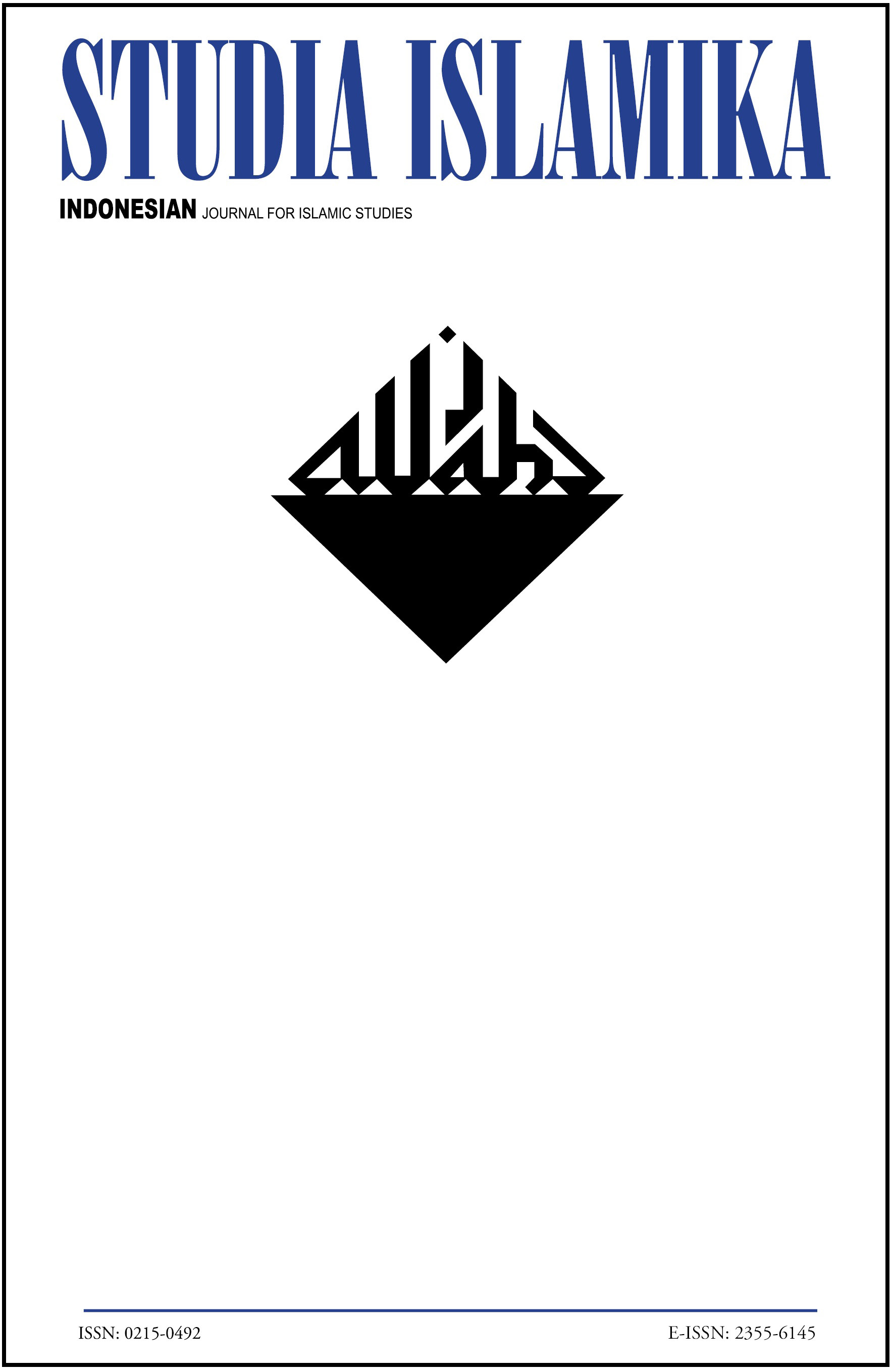Abstract
Religious Education is an important part of a nation’s political culture, and Indonesia is no exception. Since independence, Sukarno, Indonesia’s first president, insisted that the role of Islamic education was not only character-building but also nation-building. Islamic religious education is expected to have a stake in building the character of the nation and to participate in actualizing the promises of independence. The objective of Islamic education in Indonesia is not only to create a religious person, but also making a good citizen.The values of piety assume that a person will be a good citizen: tolerant, democratic and respectful of others. However, practically, piety does not guarantee that a person is able to uphold such values of citizenship. Today, religious radicalism which leads to violent behavior and labelling the other as unbeliever (takfīrīyah) is booming in the community. Ironically, the radical ideology infiltrates education sector. In Jombang, in March 2015, the Ansor Youth Movement (Gerakan Pemuda Ansor) associated with Nahdlatul Ulama found radical ideology on senior high school worksheets which called for killing people deemed idolatrous; the worksheet reads: “only Allah can and should be worshipped, and those who worship anything besides Allah have become idolatrous and should be killed.” As it turned out, this was not only in Jombang; the same materials can be found in Jakarta, Depok and Bandung.DOI: 10.15408/sdi.v23i3.4425Authors who publish with this journal agree to the following terms:
- Authors retain copyright and grant the journal right of first publication with the work simultaneously licensed under a Creative Commons Attribution License that allows others to share the work with an acknowledgement of the work's authorship and initial publication in this journal.
- Authors are able to enter into separate, additional contractual arrangements for the non-exclusive distribution of the journal's published version of the work (e.g., post it to an institutional repository or publish it in a book), with an acknowledgement of its initial publication in this journal.
- Authors are permitted and encouraged to post their work online (e.g., in institutional repositories or on their website) prior to and during the submission process, as it can lead to productive exchanges, as well as earlier and greater citation of published work.
Downloads
Download data is not yet available.

